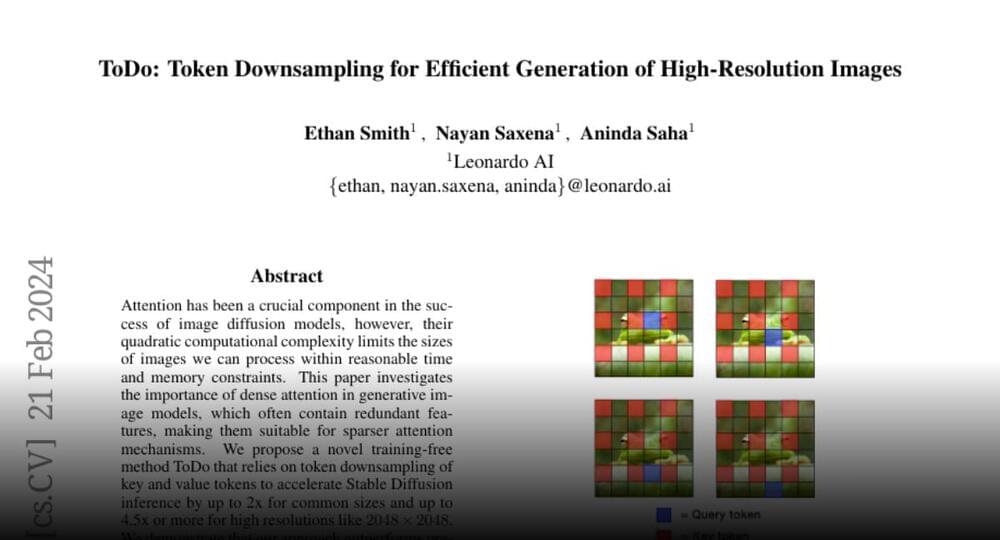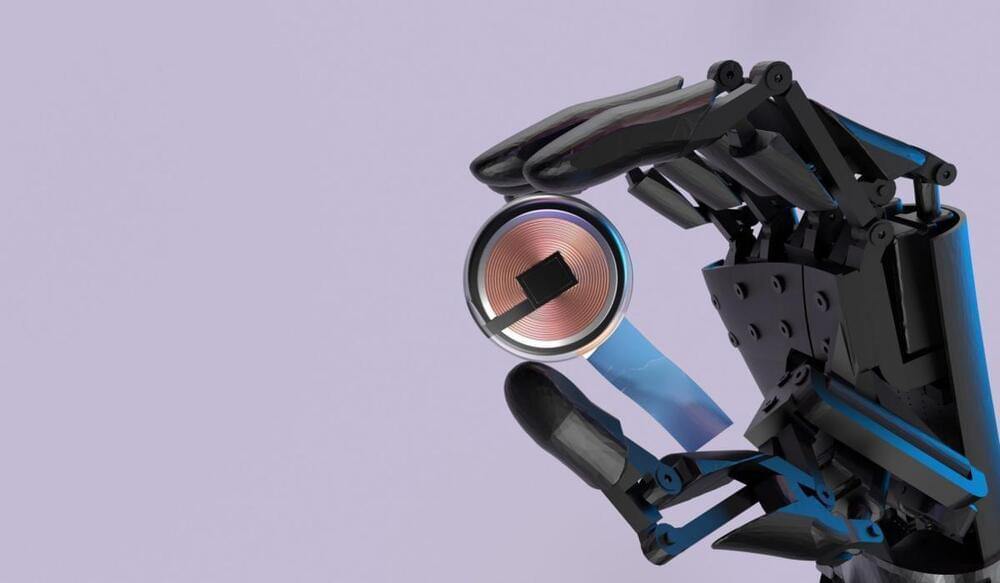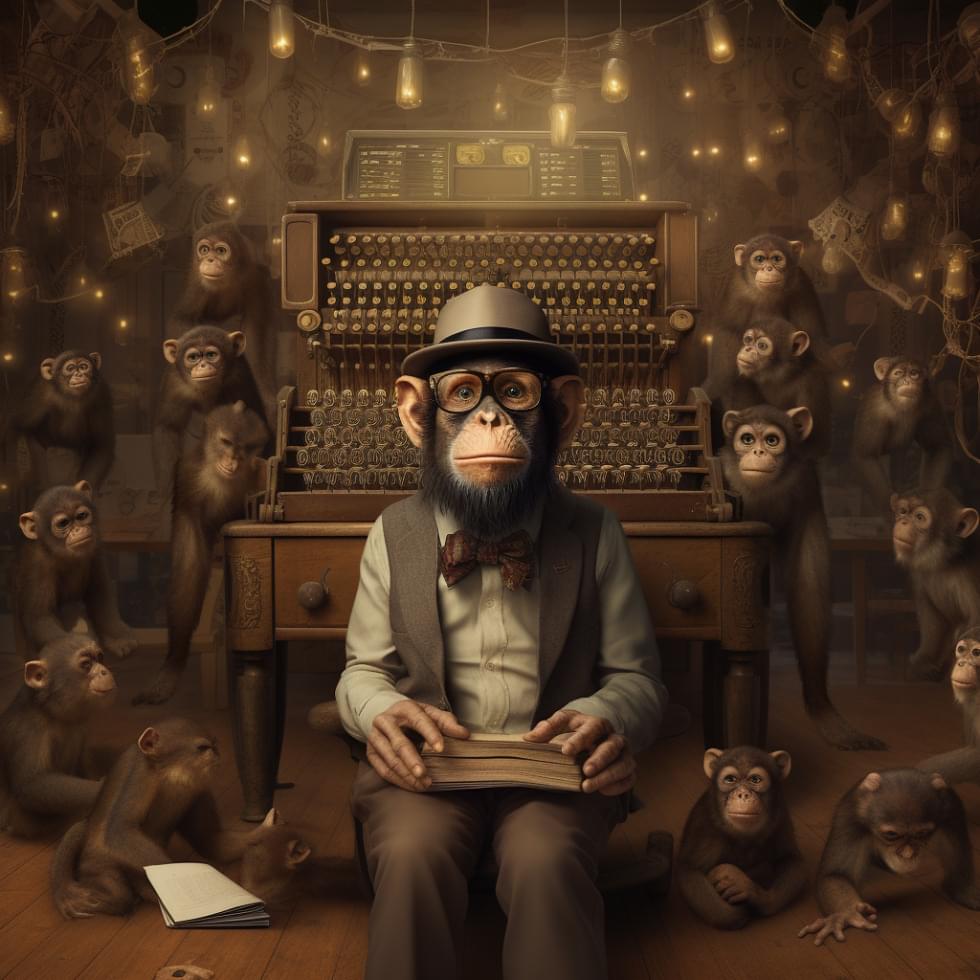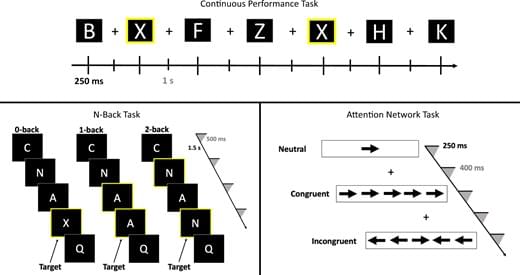Objectives: Trigeminal neuralgia (TN) represents one of the most powerful manifestations of neuropathic pain. The diagnostic criteria, as well as its therapeutic modalities, stand firmly established. The percutaneous radiofrequency thermorhizotomy of the gasserian ganglion and posterior root of the trigeminal nerve stands as a widely employed procedure in this context. In this retrospective observational investigation, we undertake a comparative analysis of patients subjected to treatment employing continuous radiofrequency (C-rF) versus pulsed radiofrequency (P-rF).
Materials and methods: A cohort of 128 patients afflicted with essential neuralgia of the trigeminal nerve, all under the care of the distinguished author (JCA), underwent percutaneous radiofrequency thermorhizotomy between the years 2005 and 2022. They were stratified into two cohorts: Group 1 encompassed 76 patients treated with C-rF, while Group 2 comprised 52 patients subjected to P-rF intervention. All participants met the stringent inclusion and exclusion criteria for TN, with a notable concentration in the V2 and V3 territories accounting for 60% and 45%, respectively. The post-procedural follow-up period exhibited uniformity, spanning from six months to 16 years. Preceding the intervention, all patients uniformly reported a visual analog scale (VAS) score surpassing 6/10. Additionally, everyone had been undergoing pharmacological management, involving a combination of antineuropathic agents and low-potency opioids.
Results: The evaluation of clinical improvement was conducted across three temporal domains: the immediate short-term (less than 30 days), the intermediate-term (less than one year), and the prolonged-term (exceeding one year). In the short term, a noteworthy alleviation of pain, surpassing the 50% threshold, was evident in most patients (94%), a similarity observed in both cohorts (98% in Group 1 and 90% in Group 2). The VAS revealed an average rating of 3/10 for Group 1 and 2/10 for Group 2. Moving to the intermediate term, more than 50% improvement in pain was registered in 89% of patients (92% in Group 1 and 86% in Group 2). The mean VAS score stood at 3.5÷10, marginally higher in Group 2 at 4/10 compared to 3/10 in Group 1. In the final assessment, a 50% or greater reduction in pain was reported by 75% of patients, with no discernible disparity between the two cohorts. Among the cohort, 18 individuals necessitated a subsequent percutaneous intervention (10 in Group 1 and eight in Group 2), while microvascular decompression was performed on six patients (equitably distributed between the two groups), and radiosurgery was administered to three patients in Group 1.









